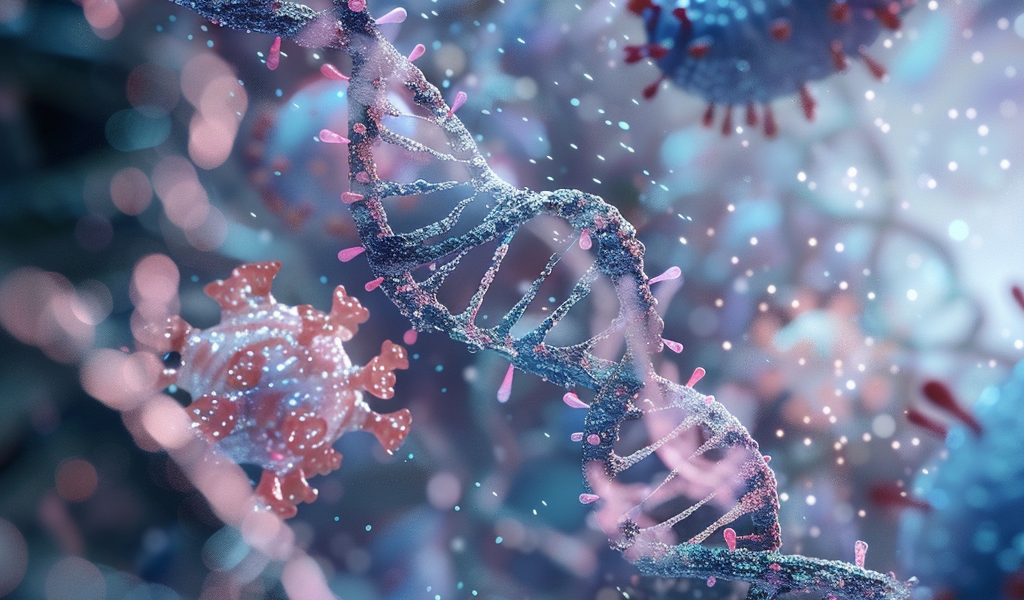Recent research has shed light on the genetic mechanisms driving immune evasion in cancer cells. A study published in Nature Genetics explores how genetic gear switches, particularly repetitive homopolymer sequences in mismatch repair (MMR) genes, play a crucial role in the evolution of tumors.
One of the key findings of the study is that somatic mutations, particularly in MMR-deficient cancers, contribute to making these cancer cells immunogenic. These hypermutator tumors employ evolutionary strategies to evade the immune system, and the role of homopolymer sequences as genetic ON/OFF switches is highlighted.
By varying mutation rates and biases during tumor evolution, these genetic switches fuel intratumor heterogeneity, allowing cancer cells to adapt and escape immune surveillance. The study points towards a deeper understanding of the molecular mechanisms underlying immune evasion in cancer.
Furthermore, the research underscores the importance of exploring mutational mechanisms associated with MMR loss. By elucidating the genetic processes that drive immune evasion, researchers aim to develop targeted therapies that can potentially enhance the immune response against cancer cells.
This study contributes to the growing body of knowledge on cancer immunology and highlights the intricate interplay between genetic alterations and immune evasion strategies in tumors. Understanding these mechanisms could pave the way for more effective treatment approaches in the future.





